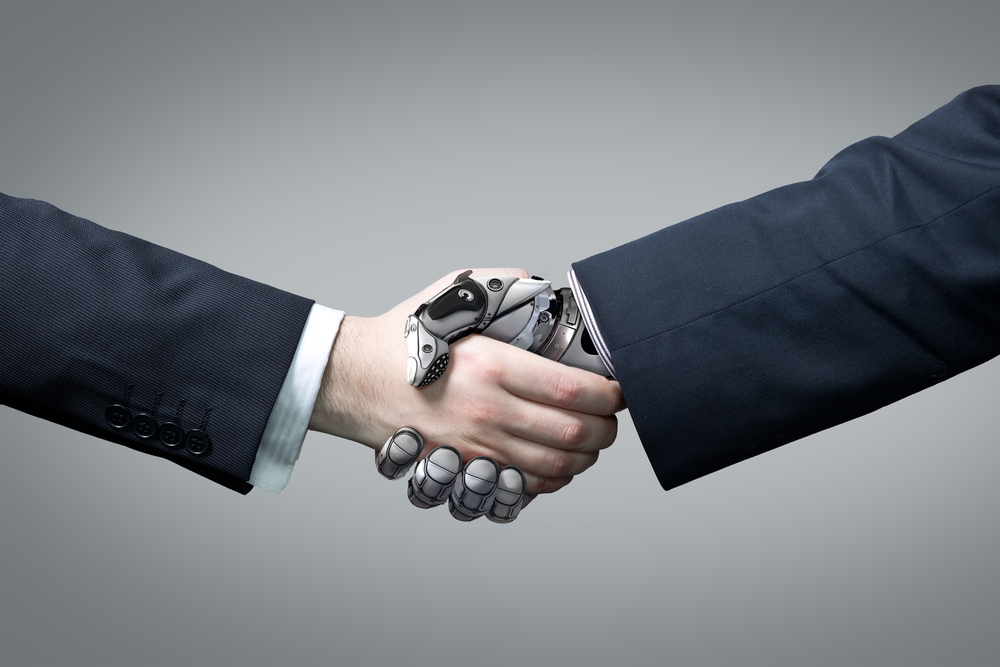Unless you happened to be called Rip van Winkle, it is impossible to have missed the gloomy predictions of many doomsayers that humans are set to be replaced in wholesale numbers by machines in a dystopian future of work.
Just this week, the Bank of England’s Chief Economist (see article) suggested that 15 million British workers — about 50 percent of the working population — will be replaced by robots in the “third machine age”. Similar predictions conclude that 45-50 percent of American jobs are also at high risk of being taken by computers within the next two decades.
Certainly, the potential of artificial intelligence and robotics to replace tasks hitherto performed by humans is no longer confined to science fiction. Most routine, standardized work will be automated as machines will be able to perform these types of tasks cheaper, better and faster. From driverless cars to McDonald’s restaurants run entirely by robots, the world of work is on the cusp of a magnitude of change not seen since the industrial revolution.
Where this leaves recruiters: It’s hard to dispute that much of the recruitment process — comprised as it is of a series of repeatable processes — can be analyzed, mapped, and therefore automated. Many recruiters and hiring managers will also likely concede that for too long hiring decisions have been primarily based on intuition and unconscious bias.
Indeed, commenting on findings from the National Bureau of Economic Research, Bloomberg has recently published an article with the incendiary headline that Machines are better than humans at hiring the best employees. The jury is still out on this one, but it is revealing that the article cites that where hiring managers chose to ignore the algorithm that had been developed, the result was worse hires in terms of earlier attrition and lower productivity.
This combination of technology, algorithms, and an increasing shift towards data-based decision making is likely to be the perfect storm for those who believe there is significant room for improvement in the world of hiring — if not for recruiters who fail to keep pace with the “new normal.” As Dr John Sullivan wrote persuasively on these pages a few months ago, the future role of the recruiter is likely to be focused on influencing and selling to prospects, candidates, and hiring managers. He goes on to explain how sourcing, matching, screening, testing, and even interviewing will all be better performed by machines rather than human recruiters.

